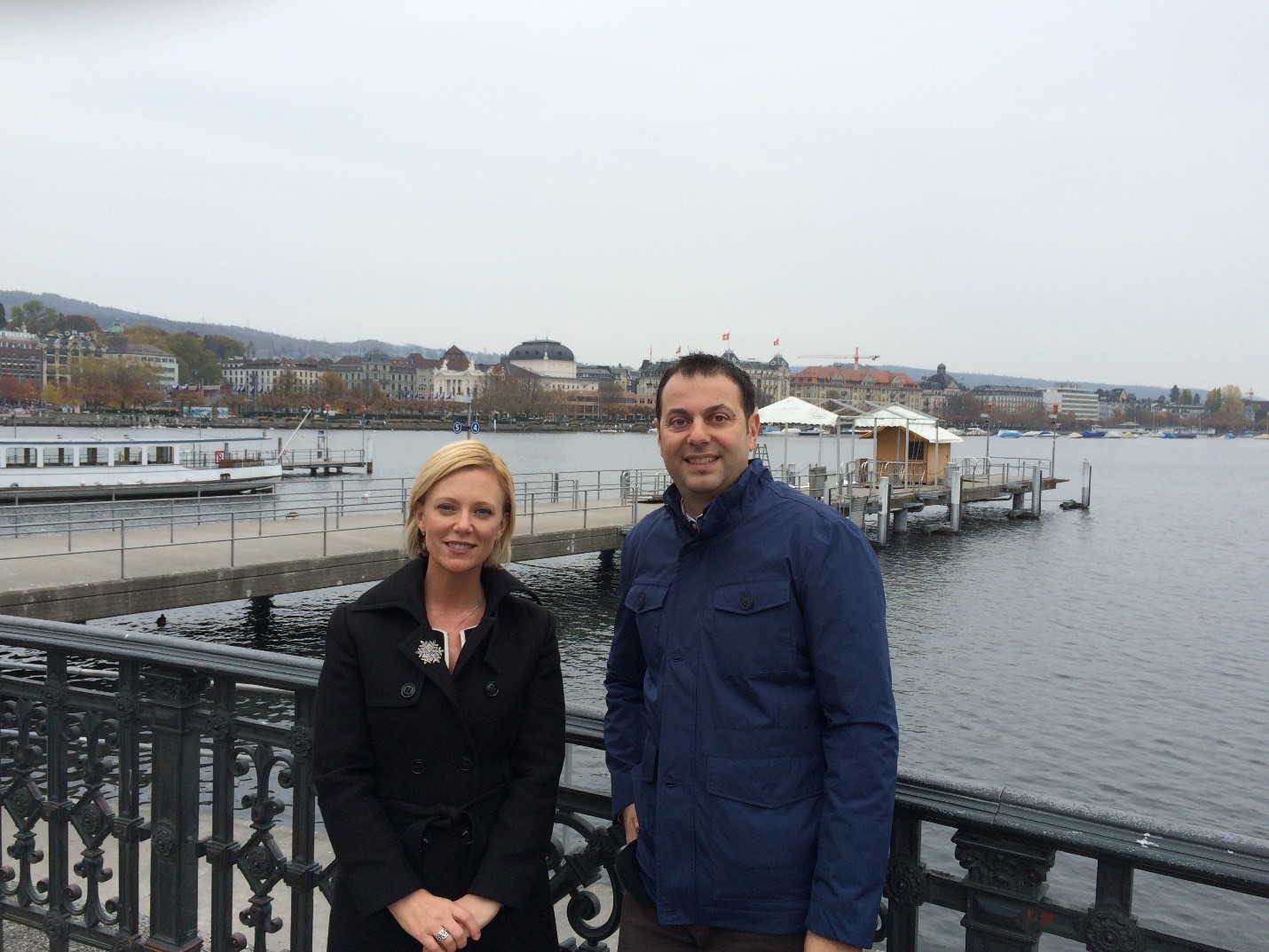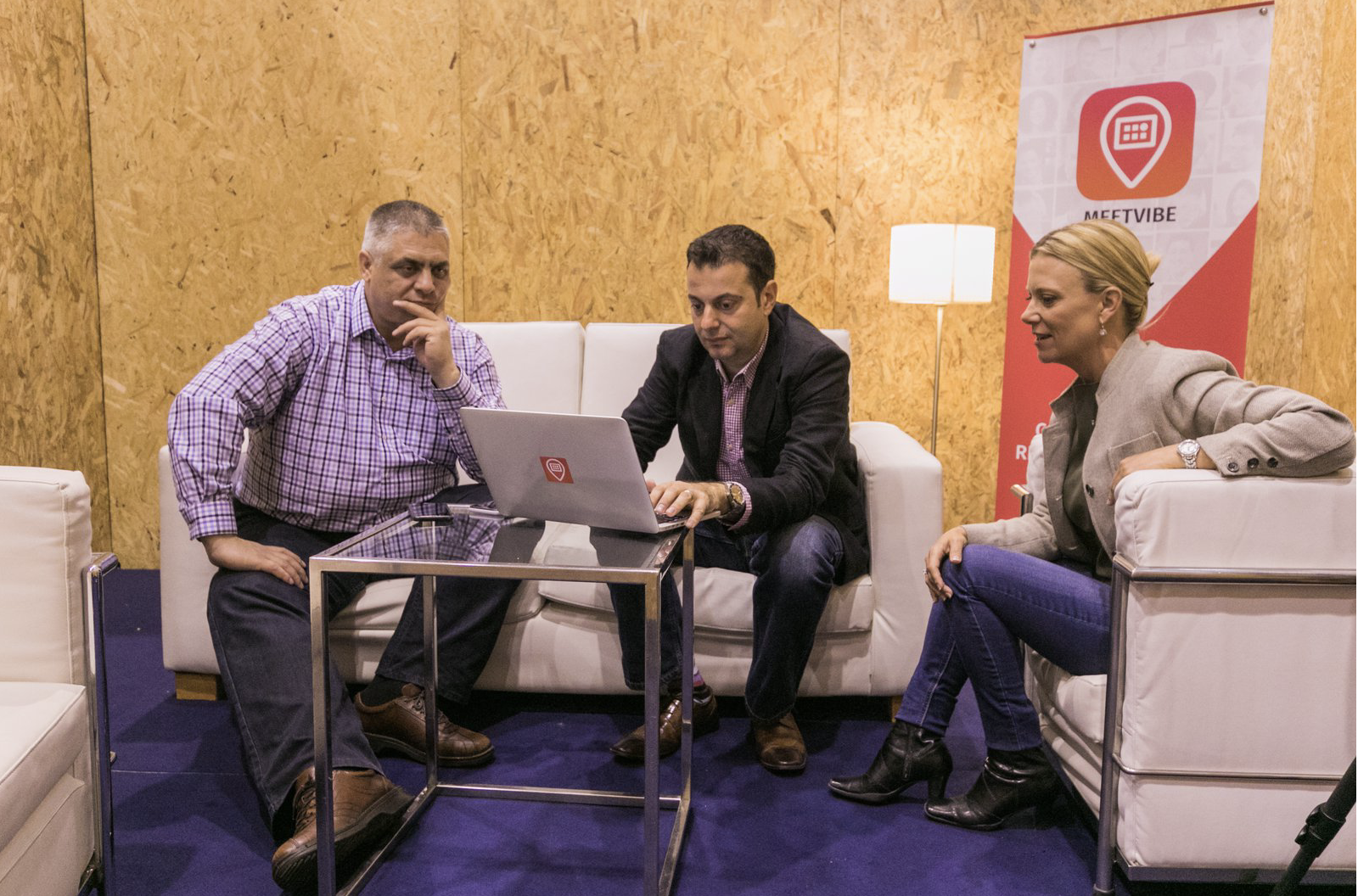It is an exciting week for us in RKC – next Monday 29th of Jan we are welcoming a group of almost 50 of our students in our premises in Zürich for a week filled with learning, fun, and camaraderie. We’re looking at a mini United Nations’ week, with three continents and not less than 30 countries represented – woohoo!
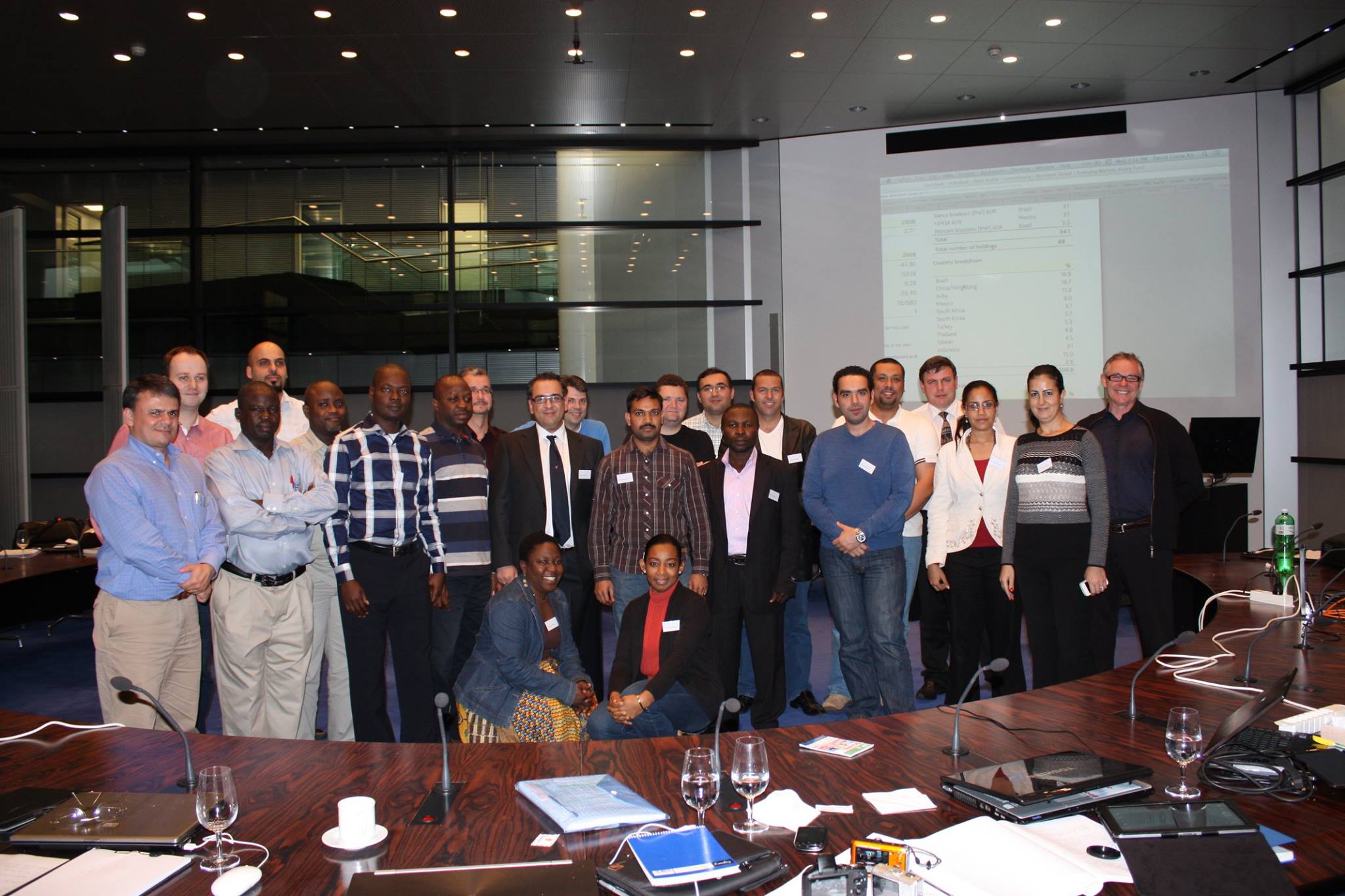
Now, most of you are already seasoned travelers, so I will not talk about bringing your passport along, or appropriate clothing for Swiss winter, but talking to our team they thought it would be useful to have a quick post on the most important things to bring with you to Zürich in order to make the most of the week. So here goes, in no particular order:
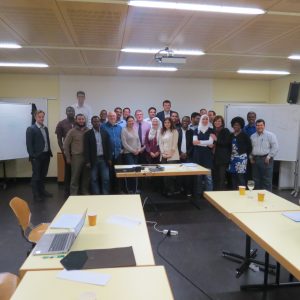
- an open mind – you will meet colleagues from all over the world, some of which you may know from the online classes – be ready to take advantage of the face to face setting but remember to be respectful of our differences of opinion 🙂
- a travel adapter for your electronics – you will undoubtedly bring your phone, computer (you need to keep on top of those class forums, don’t you?), but remember the Swiss have a very peculiar type of electrical outlets
- an alarm clock – classes start early, and while they do not finish too late, after hours tend to be long when you’re in a group of like-minded people – get yourself a “buddy” on the first day, someone who will know how and where to find you should you be missing in class
That’s it, really. The week will focus on research skills, and preparing you for the dissertation, but if you think you are not there yet, don’t worry – the knowledge gained from this week is applicable to your regular online modules too, as it teaches you focus, approaching writing with a critical perspective, understanding different research methods and philosophies (which comes handy when you read someone else’s articles with a critical eye) and helps you think about the future subject of your dissertation with a pragmatic view.
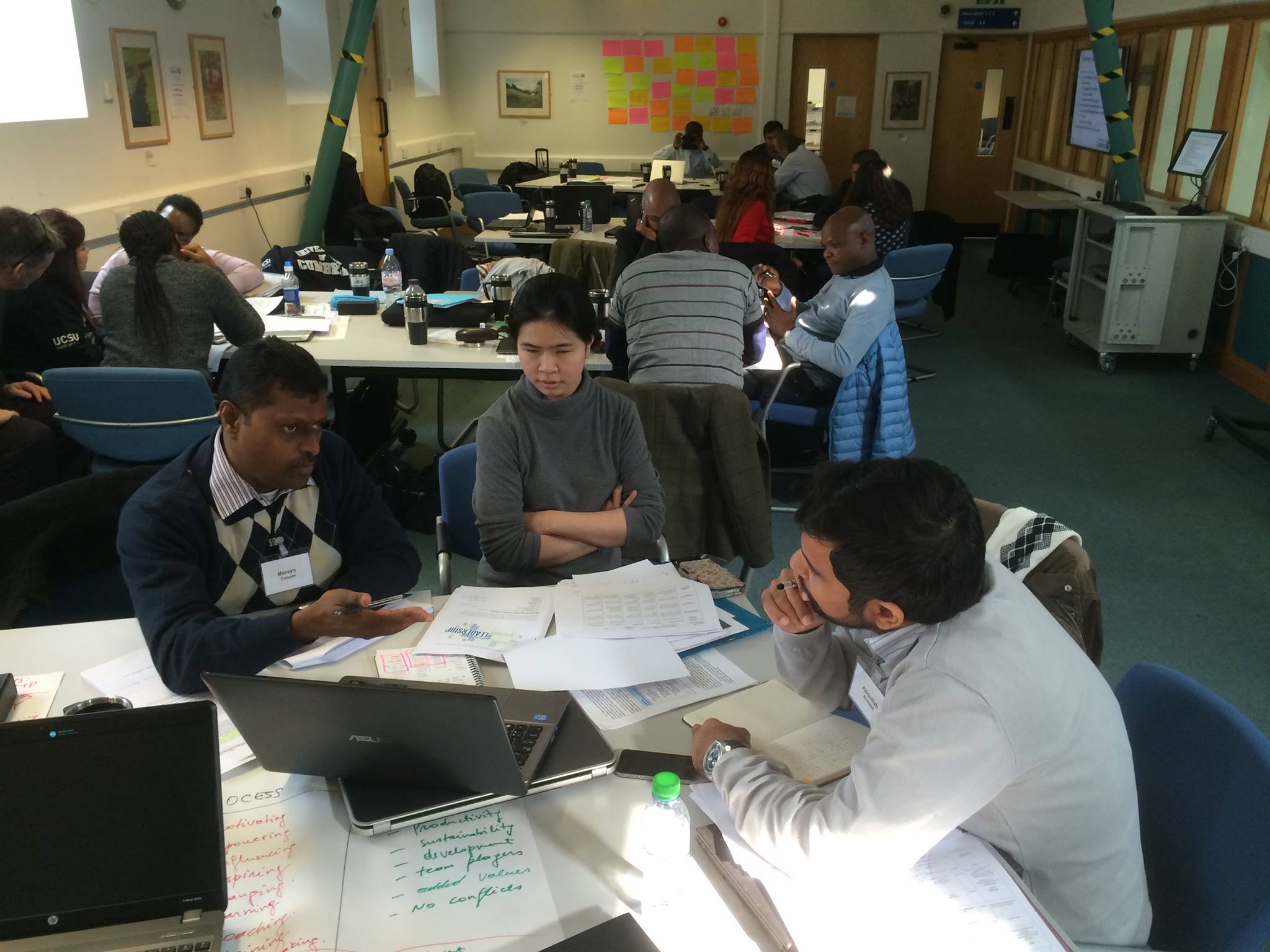
The week concludes with small-group discussions of proposal/dissertation ideas – 5 or 6 of you and one of us tutors get together and poke holes in your idea – all in a friendly and constructive manner. For my part, I am roaring to go, and I hope you are too. I will see you on Friday morning for the small-group discussion on your proposal ideas!
P.S. Some of you reading this will undoubtedly have already attended one of our residencies in Zürich and may probably have even better advice to offer to your colleagues – please feel free to let us know what they are in the comments and I will make sure to update the post as needed!




